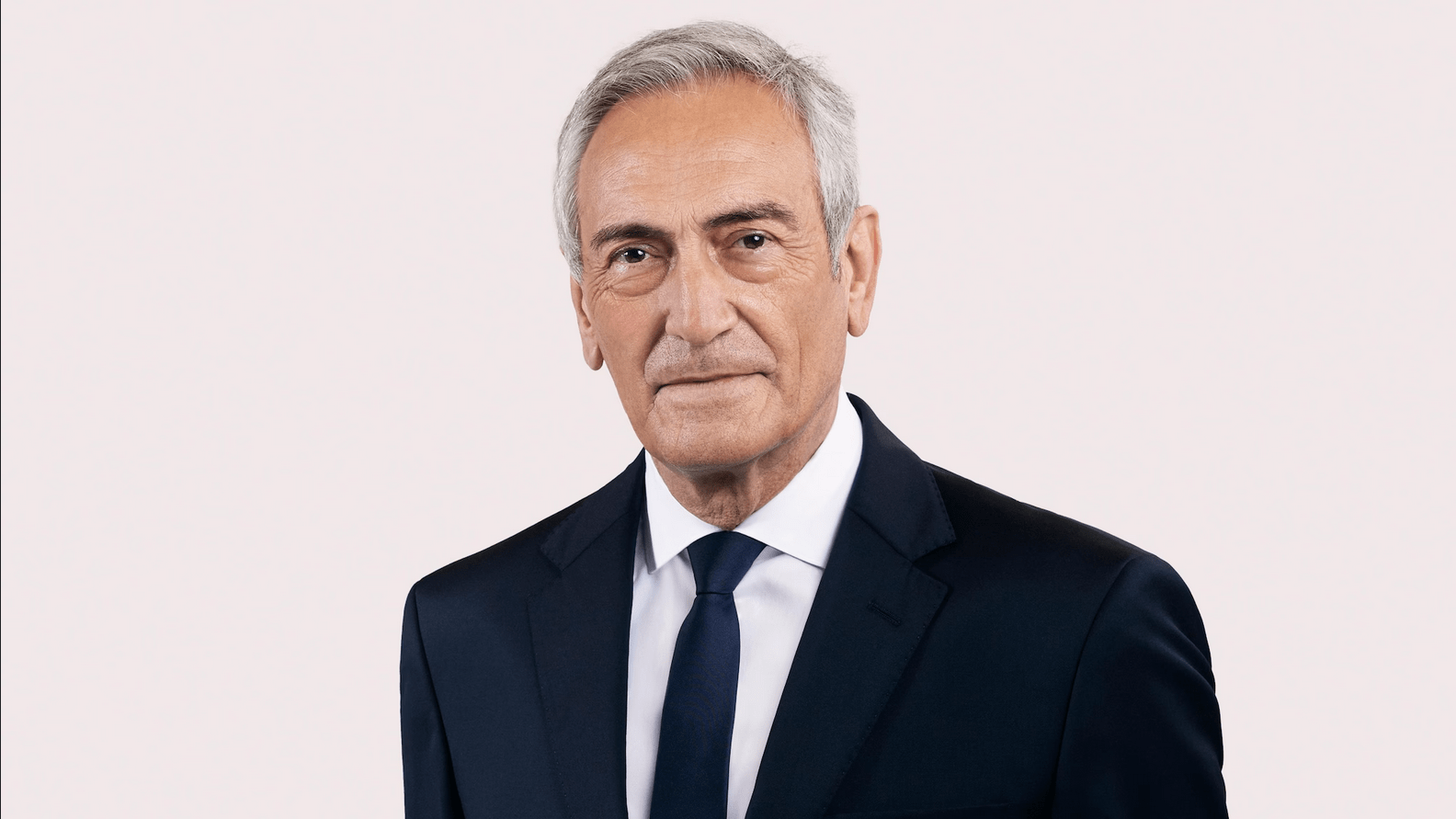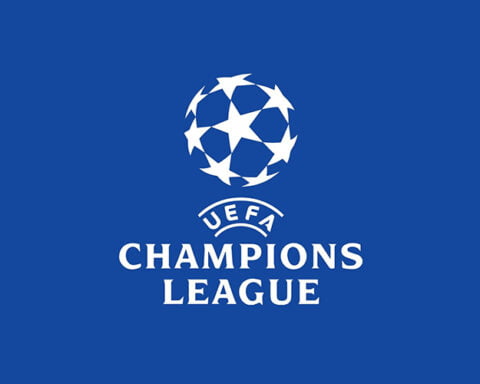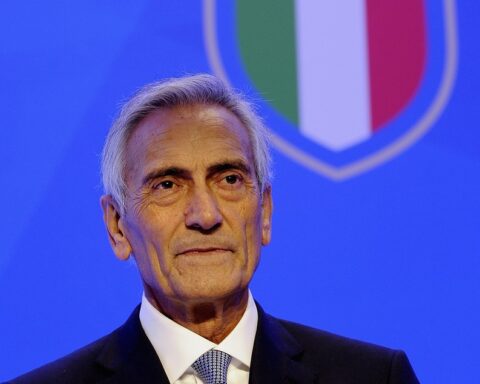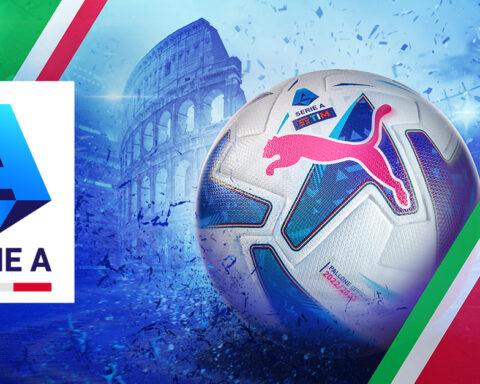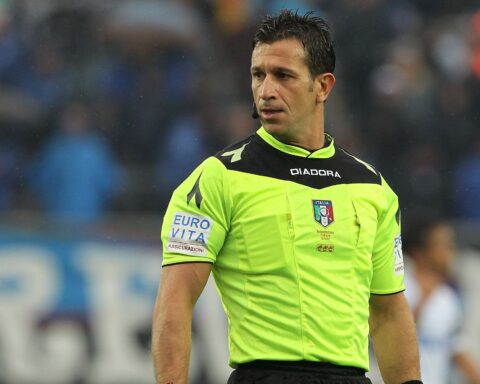FIGC president Gabriele Gravina believes Italian football’s governing body needs to ‘surgically intervene on debts’ to help build a more sustainable future. Gravina gave a long interview to Avvenire, during which he touched on several topics. beginning by talking about the economic dimension of the world of football:
[Image from uefa.com]“It should not be forgotten that football is a big industry that generates a few billion euros, and it is a crucial lever of our economy that is reflected in 12 different commodity sectors.
“The other values cannot emerge until the concept of financial growth can be combined with the precipitous concept of sustainable development, in which a major part belongs to the sphere of ethics.”
On July 4 at the Maxxi in Rome, the FIGC will present the “Sostenibilia” project in which they will promote all the values of sustainable sport in 360 degrees,” Gravina explained.
On solutions for the future, according to the federal president “the starting point to heal sick football is to become aware of the high indebtedness and intervene surgically and not with a simple pill. Being an entropic crisis, that of the football system cannot be cured only with a therapy in the regulatory aspect. Rather, a cultural change is needed. A new course of information and education.”
Among the scourges of the football world are violence, racism and anti-Semitism: “In recent days at the Viminale we signed a declaration of intent to counter and expel from football all forms of physical or verbal violence. In order to get racism and anti-Semitism out of our stadiums, we have asked for the utmost cooperation from clubs, which with the use of technology today can identify and denounce in real time individuals or groups that violate respect for human dignity. We as a federation have for years been at the forefront of the fight against territorial discrimination and have equipped ourselves with all the supports, including regulatory ones, to deal with these threats that absolutely must be thwarted.”
“In recent times, some of our Federation’s choices are a source of unpopularity, of unhinged reactions by groups of troublemakers who also use unusual means to intimidate. We do not lend ourselves to any kind of instrumentalization, much less politics, and we focus exclusively on knowledge. Some blame my person for not reforming sports justice, and here we are on the level of lack of knowledge.”
“The sports justice of the FIGC with the 2019 reform has included the peremptoriness of terms. Not only that. It has identified very tight deadlines that while respecting the exercise of the right of defense allow for a quick settlement of judgments. The problems therefore are not to be found in federal justice. On the contrary, perhaps for once it is precisely the state legislature that should look more carefully at some of the cornerstones of sports judging. And timeliness is certainly one of them.”
“I am sorry to disappoint the fans when we do not qualify for the World Cup or the Olympics, but I win in other areas and in the dimensions in which the FIGC is investing in economic and especially human resources. As for results, I point out to defeatists that Roberto Mancini’s national team in addition to a European Championship won in 2021 had also set the world record of 37 unbeaten matches, a record snatched from Spain and Brazil.”
“The Under 21 until the victory with Switzerland had been defended, as “robbed” by the phantom goal scored against France, and taken as an example for “excellent football.” Then it is eliminated and people cry scandal about the paucity of our youth sector. Then, again for the sake of knowledge, I inform that all our youth national teams have reached the final stages of their respective European and world tournaments and that the Under-20 team is currently the vice-champion of the world.”

